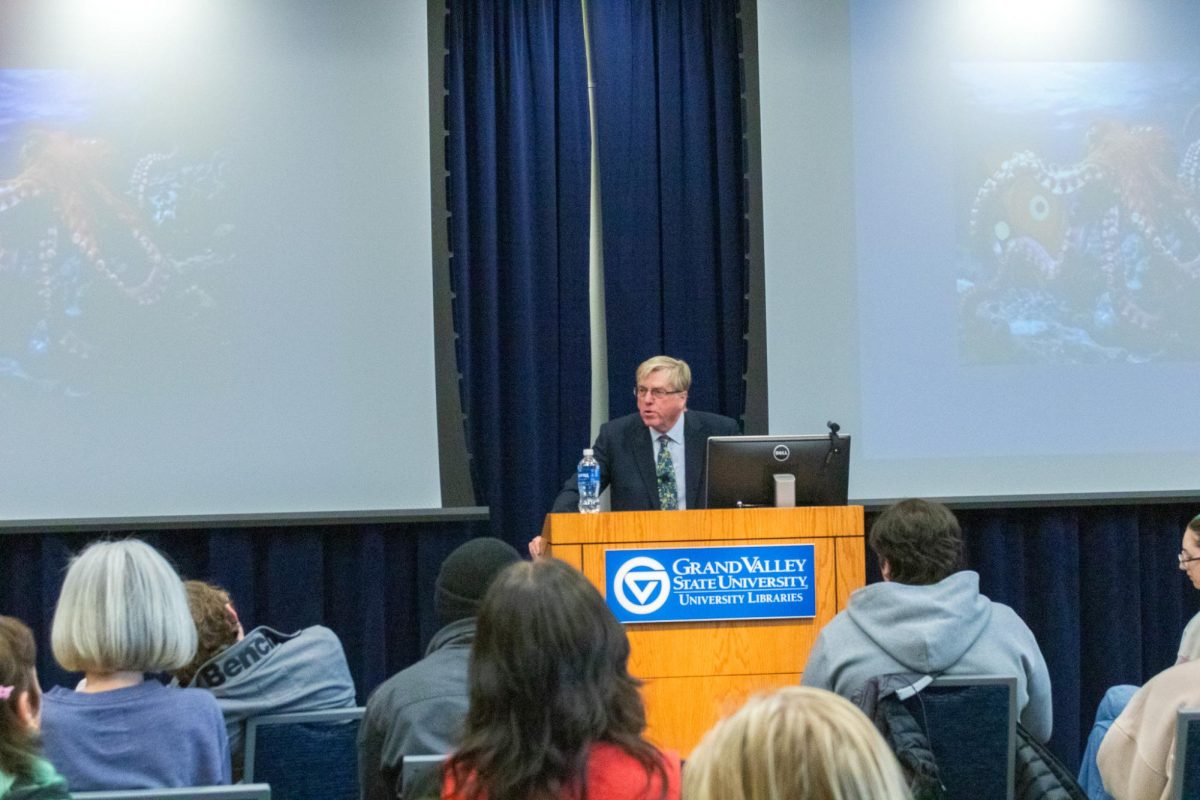The “Goldilocks Zone” for Liberal Education
Jun 26, 2014
The “Goldilocks Zone” for Liberal Education
A couple years ago,
a good friend of mine studied abroad in Crossmaglen, Ireland. When he
came back, he told me a story that, every so often, still traipses
forward from the outer fringes of my memory. One day during his trip, a
few students were in their hostel drinking and talking when a local
bartender, whom I’ll call Mark Brady, paid them a visit. The group of
them had been deep in a conversation which grappled with aesthetics and
the visceral beauty of human complexity when Brady walked in. Being the
brash character he is, he interrupted.
“Oy, oy, oy, oy,” he told them, “That’s all a load of shiste.”
He
proceeded to tell the group how philosophical conversations don’t mean
“shiste” when someone can break into your house, beat you up, and drag
you, bloody and in your boxers, through the middle of town. As you can
imagine, this very thing happened to Brady. Crossmaglen is perched in a
tense sociopolitical atmosphere where the citizens’ beliefs are at odds
with those of the law enforcement. When you’re frightened for your basic
liberties, Brady said, airy, non-practical speculations about the world
don’t hold much water.
This anecdote gave me a new perspective on
liberal education. Having a liberal education is wonderful, but
obtaining one requires a “goldilocks zone” of social, economic, and
political factors. Historically speaking, colleges like ours, which
pander to the middle class, are an anomaly.
America sits in this
“goldilocks zone.” We haven’t faced prolonged attacks on our home turf
since the Civil War. We’ve shifted away from an agricultural or
manufacturing-based economy to a more service-based economy, where fewer
and fewer jobs are rooted in arduous, physical labor. Advances in
technology, medicine, and social thought have created a culture where
the quality of life for the average man is much higher.
It all
boils down to Maslow’s hierarchy of needs. Once your physiological and
safety-based needs are met, it’s far easier to access the loftier aims
of liberal education and self-actualization. When these lower-tier
concerns are in jeopardy, however, accessing education can be far more
difficult.
A couple of my other friends (and fellow columnists!)
give back to the community through an organization called Job Corps,
which helps low-income young adults obtain their GED or high school
diploma. These people, struggling with poverty and teen pregnancy among
other obstacles, have difficulty seeing the practical value of
discussing Plato or Aristotle’s notions of rhetoric. When you’ve got a
child clutching your ankles asking for toys you can’t afford, it can
become difficult to prioritize the long-term effects of liberal
education and critical thinking.
By no means am I arguing against
the benefits of a liberal arts education. That being said, stories like
Mark Brady’s and the Job Corps’ students remind me how fortunate I am to
receiving the education I am. So often, it’s easy to gripe and moan
about my unwieldy to-do list and how many essays I have to write, but
the truth of the matter is: we’re pretty dang lucky to be able to have
such #firstworldproblems.






















